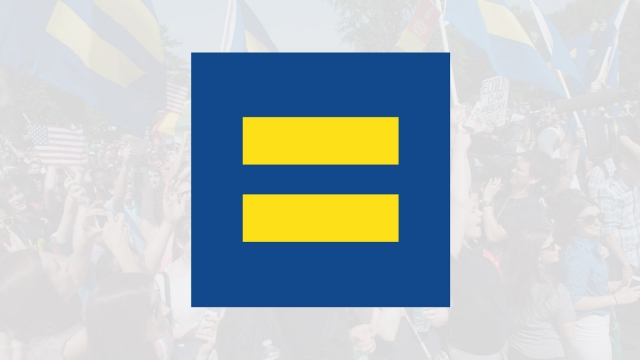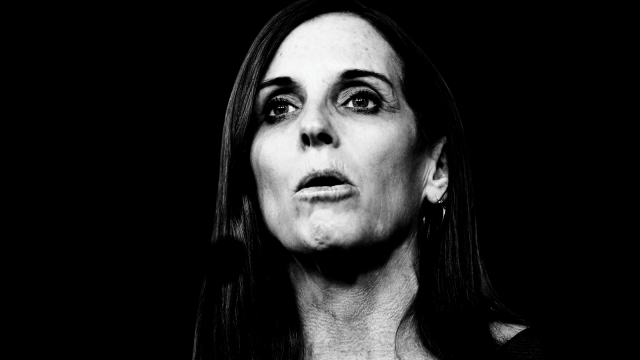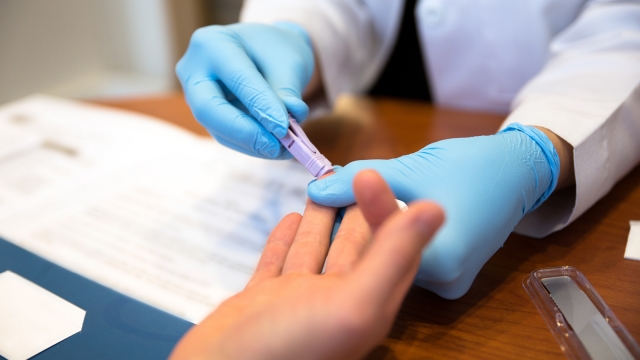
OUR POWER AND OUR CHALLENGE
The LGBTQ community has known adversity. In fact, we have drawn much of our strength and power from times of great uncertainty. From blatant discrimination to government indifference, from the AIDS crisis to relentless attacks on who we are and who we love, from bills attacking our transgender siblings to regulations removing protections that have existed for decades, we have seen our fair share of struggle. But in each of these struggles, we have banded together to overcome challenges that seemed insurmountable. With your help, we have harnessed our fear and our anger and turned them into strength.
Now, we are living in an extraordinary moment yet again. As the world watches the spread of COVID-19, many of us, myself included, are concerned and afraid for ourselves and our loved ones. And that fear cannot be minimized. But it can be the basis for action. As we have time and again, we must raise our voices together to fight for our community, to lift each other up and to vote out those who are not protecting us.
THE UNIQUE ROLE OF THE HUMAN RIGHTS CAMPAIGN
The strength of the Human Rights Campaign comes from its members and supporters: 3.1 million strong, all around the world. Together, we have worked to shape public opinion, win elections, pass laws, defeat bad legislation and remove from office those who attack our community. We have raised millions of dollars to support equality around the world. We have partnered with coalition allies and created communities, even for those who felt isolated. You helped us build this power, and we are deeply grateful.
COVID-19 affects all of us, but it has a disproportionate impact on LGBTQ people. Some key statistics: 40 percent of all industries that LGBTQ people work in are likely to be impacted by COVID-19, impacting 5 million LGBTQ people; a disproportionate number of LGBTQ people work in restaurants (15%) compared to their non-LGBTQ peers (6%); and 17 percent of LGBTQ people lack health insurance. And our aging population and folks with compromised immune systems are at a greater risk.
As we have done before in times of crisis, we will use our power to push for legislative and policy changes that will help our community. We will support aid packages and push lawmakers to include provisions and funding for our community. We will work in coalition to identify the communities most affected by this crisis and not rest until our lawmakers directly address the needs of our community and others. We will be counting on you, and our army of grassroots supporters, to support our lobbying and advocacy efforts, and we will use every ounce of our strength to ensure our community gets through this.
And anti-equality lawmakers won’t rest either. Even in this pandemic, lawmakers in state legislatures are still pushing anti-LGBTQ laws. We need you to continue fighting them as hard as they’re fighting to discriminate against us.
Further, we will give each other places to connect and spaces to grieve, celebrate and gather — even if they are only virtual. We have a robust infrastructure, built by our volunteers and community leaders, and an even broader reach. Because of this, we will be able to engage with you online and on the phone and we will discuss plans for gathering in person when it is safe to do so.
And, we will continue to build on the important work of the Human Rights Campaign Foundation, which creates programs and research that have been key in addressing the inequities and inequalities that LGBTQ people face. From working with hospitals and healthcare providers to better serve LGBTQ people, to improving the inclusivity of the workplace and schools to ensuring justice for transgender people in this country, our Foundation has made a huge difference in the daily lives of LGBTQ people. And in this crisis, our programs are responding to educate the public and meet the needs of our community. We’re working in coalition with partners across the LGBTQ movement and beyond. And we’re continuing to engage with local activists to understand what more we can do to help. This work will continue to have an incalculable effect on pushing equality forward.
THE ELECTION
You already know that this is the most important election of our lifetimes: one where the very future of the LGBTQ community and our nation hang in the balance. This pandemic has only crystallized why it is so important that we defeat Donald Trump and Mike Pence and elect competent, pro-equality leaders in November. Lives are literally at risk and this administration has shown us time and time again that they are asleep at the wheel.
We have already seen you activate around this election: LGBTQ voters are turning out in record numbers in primary contests across the country. Now, we have to continue to engage, in whatever ways we can, to ensure we win. We have so much at stake already: the future of our democracy, the value of the rule of law, the future of the Supreme Court and the judiciary, the importance of passing the Equality Act which will prohibit discrimination against LGBTQ people and the moral and legal responsibility to fight for the rights and dignity of transgender people, especially trans women of color. if we don’t vote, we are leaving our fate, and our rights, to be determined by someone else. And, as painfully highlighted by the handling of this crisis, it is even more clear that we need new leadership. We will be with you every step of the way to make sure that happens.
WHAT YOU CAN DO
We cannot stop fighting. We cannot stop fighting an administration who treated this pandemic like a political stunt and has endangered the lives of millions, who has from day one undermined our rights, welfare, and progress. We cannot stop fighting to ensure that our community gets the resources and support that it needs. We cannot stop fighting anti-equality lawmakers who — while we are facing a national crisis — are moving ahead with divisive, discriminatory legislation in the states that harms our most vulnerable. We cannot stop fighting until all communities achieve equity and equality. We need you.
This is an abnormal time amid an already abnormal few years. We can get through this. I know this, because we have gotten through crises before. But we cannot do it alone; we have to stand together.
Please be safe, please continue to wash your hands and please don’t give up.
Read more



